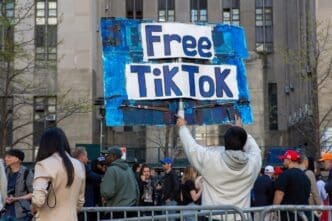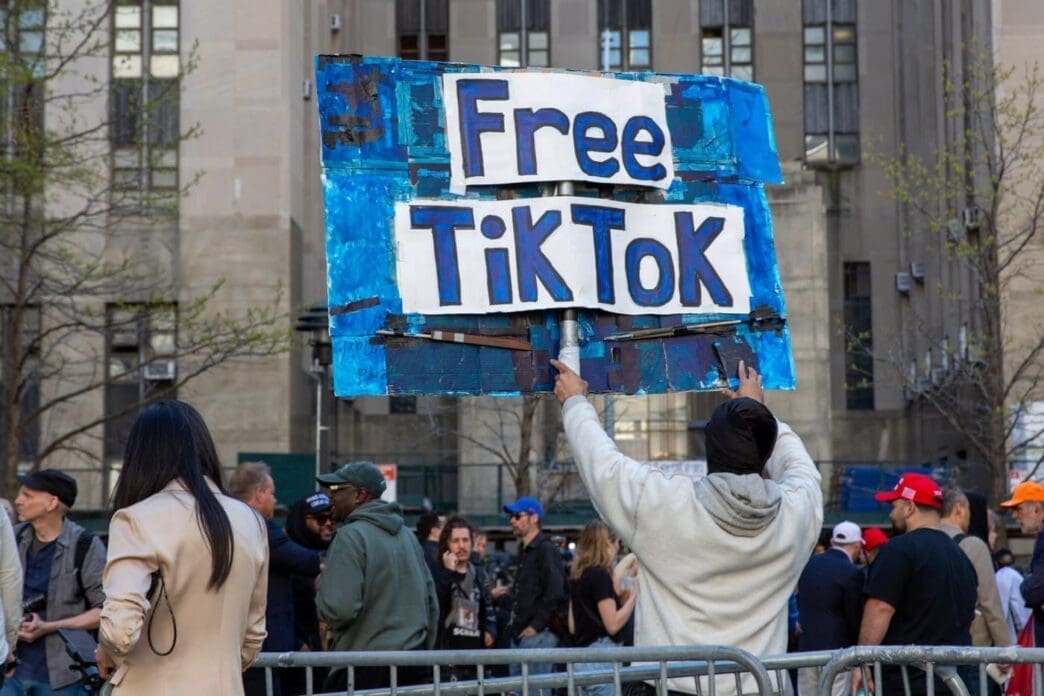The upcoming Supreme Court case scheduled for January 10 is set to address significant legal and constitutional questions surrounding the federal law that could lead to a ban on TikTok in the United States. This law demands that TikTok’s Chinese parent company, ByteDance, divest its ownership of the platform or face a potential ban, citing national security concerns tied to data privacy and foreign influence.
A primary focus of the Supreme Court’s hearings will be whether this law infringes on First Amendment rights concerning free speech. TikTok, which boasts millions of users in the U.S., serves as a platform for creative expression, information sharing, and community building. Content creators who rely on TikTok for their livelihoods have voiced apprehensions about the implications of a potential ban, arguing that it could suppress their ability to communicate and express themselves freely. Moreover, users fear losing access to a platform where they engage with diverse content and communities.
The law in question has garnered bipartisan support, highlighting a collective concern among lawmakers about the risks posed by foreign-owned technology platforms. The Justice Department, under the outgoing Biden administration, will defend the legislation’s constitutionality, arguing that the measures taken are necessary to safeguard sensitive data from potential misuse by foreign entities. Proponents of the law contend that TikTok’s ownership structure raises valid national security concerns, given the tensions between the U.S. and China, particularly regarding cybersecurity and data protection.
In contrast, opponents of the law, including civil liberties advocates, underscore the potential dangers of restricting access to a widely popular communication medium. They argue that a ban on TikTok could set a precedent for the government to limit other platforms and restrict digital speech, which could have broader implications for First Amendment protections in the digital age.
President-elect Donald Trump’s interest in the case adds another layer of complexity. During his presidency, he advocated for a ban on TikTok, framing it as a security risk. However, Trump’s current position on how to resolve the TikTok issue remains to be seen, and it will be interesting to observe how the incoming administration navigates this contentious topic.
As the law is set to take effect on January 19, the Supreme Court’s decision could have far-reaching consequences, potentially reshaping the regulatory landscape for social media platforms and influencing ongoing discussions about the balance between national security and individual free speech rights in a rapidly evolving digital environment. The outcome will likely resonate not only within the context of TikTok but also for other tech companies facing similar scrutiny and regulatory challenges.








